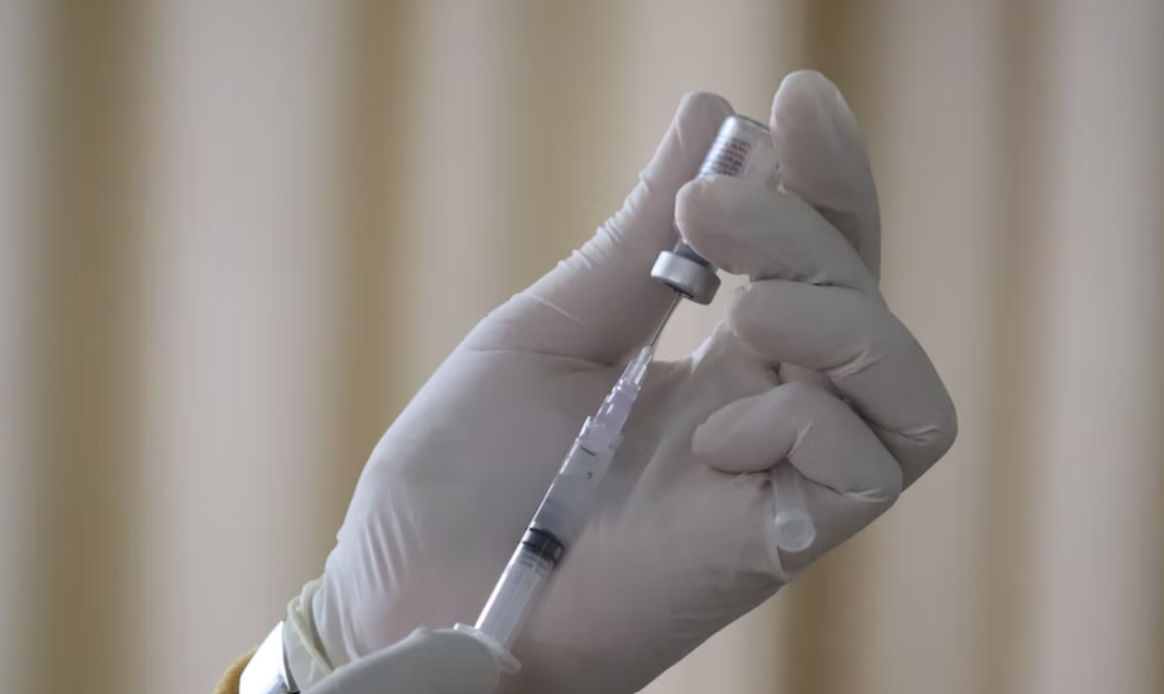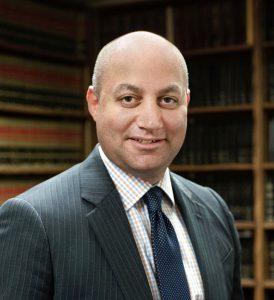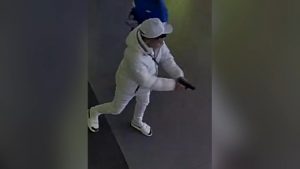For the first time since the 1980s, London is facing a threat of polio. Although no case has been identified yet, the UK Health Security Agency (UKHSA), from 19 different sewage samples, has identified around 116 poliovirus specimens in the England capital. In a bid to avoid an imminent health hazard, the agency has already announced that it is offering booster doses of polio vaccine to all children who are in the age bracket of one to nine.
Notably, it was in the month of June that the first poliovirus specimens were identified in the city. However, the authorities had then declared that the risk of getting infected was considerably low. However, now with polioviruses being discovered across several boroughs in the town, tensions seem to be rising.
Also Read| Urgent polio boosters for children in London: Everything to know
In the United States, an unvaccinated individual was detected with paralytic polio last month. UKHSA experts have now said that a genetic link has been found between the London samples and the one taken from New York.
The World Health Organization’s Direct-General, Tedros Adhanom Ghebreyesus, had also shown concern regarding polioviruses being identified in London. He tweeted saying, “Surveillance, vaccination and investment to end polio is critical”. He has also confirmed that the WHO is working with UK officials on how to deal with the situation:
The UKHSA has released a statement clarifying its decision to offer booster shots, wherein it has said that “there is some level of virus transmission” in the city that “has gone beyond a close network of a few individuals”. An independent committee of immunisation experts, namely, the Joint Committee on Vaccination and Immunisation, has recommended this booster campaign after discovering that London has fallen short of the coverage expanse prescribed by the WHO.
Also Read| WHO declares monkeypox a global emergency. What does it mean?
Among the 116 varieties of poliovirus, most are reportedly harmless. However, if these continue to mutate, it can lead to a strain of poliovirus that causes paralysis in rare cases. Officials say that the vaccination drive has been planned to amplify protection against polio and decelerate transmission.







